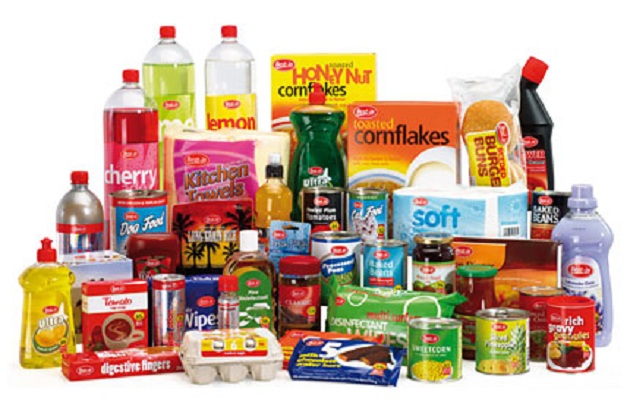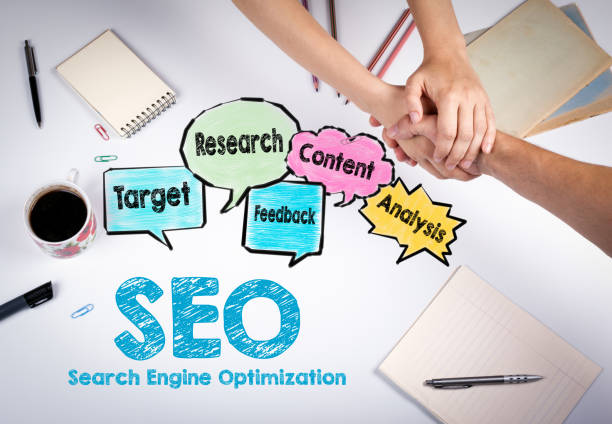Difference between White Label & Private Label Products.

Ecommerce or online marketing is not new, especially in the digital world. Most people are familiar with eCommerce marketing, but if you’re new to this field then you’ll encounter two terms which might puzzle you at the starting of your journey:
White label products vs. Private label products
Folks, let me tell you that I have also written articles on white label products as well as private label products. So, you can also read these articles to understand the concept of these two terms deeply.
So, do you exactly know the difference between these two? If you don’t then this guide will help you know to understand these two terms. Let’s get started with white label products first.
What are white-label products?
White label products are basically produced by manufacturers and sell them to retailers. In this way, retailers get the freedom to repackage the product under their own branded name or label and making it appear as if they have produced or made it themselves. For example:
- Company A, a white label marketing web app provider, sells its marketing web app to Company B, an agency to re-sell it.
- Company B then rebrands the marketing web app with its own logo and design and sells it to Company C to use.
Now understand the concept of private label products
Private label products are basically manufactured by one company but packed and resold under another company’s name or title. Private label products are mostly used for physical products that are why there are plenty of private label cosmetics, clothing, household items, etc. These products are made for exclusive sale by a specific seller, and that the seller can modify the product the way he wants.
Differences between white label products and private label products
– Product customization
- In private labeling, a retailer is free to customize products. It means you can sell items that look different to your buyers.
- In the case of white labeling, the products are already made before you make a deal with the manufacturer. You can customize products only with packaging.
– Cost and ROI
- In private labeling, a retailer needs to invest more money as you have input from product research, product development until marketing. You can also expect a high ROI as you would be selling different products in the market.
- If I talk about white labeling then you can purchase products at a cheaper price. The money you will spend here on marketing your products this will also bring you high ROI.
– Exclusivity
- In private labeling, a retailer can send product specifications to the manufacturer. It gives you a sense of identification about your products which you can sell only.
- There is no exclusivity in white-label products as the manufacturer provides same as products to many retailers like you.
– Production of goods
- In private-label goods, you can give an order in bulk which means mass production manufacturing is possible here.
- Only limited order can be given in case of white label products. Less production and increased product complexity.
Similarities between white label products and private label products
- Both white label and private label products are produced by a third-party manufacturer.
- You are allowed to re-brand the products whatever way you want.
- You have full control over your marketing brands.
- Both business models drive market competition between resellers.
Pros and Cons of white label products and private label products
Pros of white label products
- Increased supply of products
- Reduced cost of production
- Rapid brand growth with a large number of products at a lower price
- Faster innovation as improvements in products can be possible from the production partners.
Cons of white label products:
- Inconsistent quality as producers don’t follow the procedure as the brand follows to establish their own quality products.
- Less control of brands on the production process as production loses control while distributing, marketing sales strategies for products.
- Not suitable for small brands
Pros of Private label products:
- Helps in brand building
- You have full control over price
- Yields you high profit
- Reduced market competition
Cons of private label products
- The manufacturer might supply you dead inventory
- Only limited orders can be given to the manufacturer
- The modification done in the product by retailer might confuse consumers
The Bottom Line
In this concluding part, I just want to tell you that both white labeling products and private labeling products can be used interchangeably. However, as discussed in this article, both have differences and have their own pros and cons and similarities between them.
So, ultimately, it is your decision about which type of product you think would fit your business goals, brand, resources, and commitment level. You must know that both these marketing models are based on eCommerce and eCommerce requires hard work. Make wise decision folks! Till then get in touch with us for more updates.


